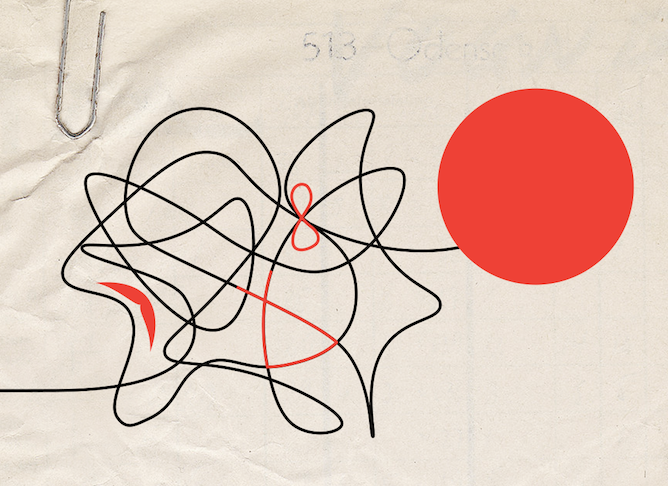Sunday, June 10, 2018:
On May 29, 2018, Deanna Reder (Cree/Métis) and I published an article titled “‘I write this for all of you”: Recovering the Unpublished RCMP “Incident” in Maria Campbell’s Halfbreed (1973) with the scholarly journal, Canadian Literature. This article, published digitally, tells several stories -- the first story is about how at the age of fourteen, Maria Campbell, celebrated Métis author and activist, was raped by members of the RCMP. The second story is about how archival documents at McMaster University revealed that Campbell’s publishers, McClelland & Stewart, deliberately excluded this rape scene from her autobiographical work Halfbreed, despite assuring Campbell that it would be included. The two excised manuscript pages, crossed out with a red X, are reproduced fully in our article (with Campbell's permission) and restore Halfbreed to the life-story Campbell had originally intended.
This article was written collaboratively over the last six months, and with particular care for both acknowledging and respecting Indigenous protocols. This involved ongoing consultations with Campbell, by email and in-person, to ensure that she felt supported and heard as our article evolved.
In our own academic work, Deanna and I have seen many examples of Indigenous writing that have been subject to destructive editing practices. In fact, many twentieth-century collaborations between Indigenous writers and non-Indigenous editors/publishers reveal the ways in which the “dominant” narrative often set the terms for collaborative working relationships (see E. Pauline Johnson’s Legends of Vancouver, Mini Aodla Freeman’s Life Among the Qallunaat, Anahareo’s Devil in Deerskins: My Life with Grey Owl, among others). These examples highlight the ways in which Indigenous writers were often forced to alter their writings to fit an ever-changing landscape of publishing venues, and how they have been historically denied proper recognition for their literary contributions.
With the recent publication of these excised pages in Canadian Literature, Campbell’s autobiography can finally be read as she had intended over forty-five years ago. Keeping in mind the publishing histories of Indigenous writers like Campbell and many others, it is time now for scholars, researchers, publishers, and readers to critically revisit other twentieth-century works of collaboratively-authored Indigenous writing. And, most importantly, we must approach these texts by diligently and purposefully enacting and embodying Indigenous editorial practices from the outset.
By Alix Shield
CBC Radio As It Happens interview with Deanna Reder (June 1, 2018)

